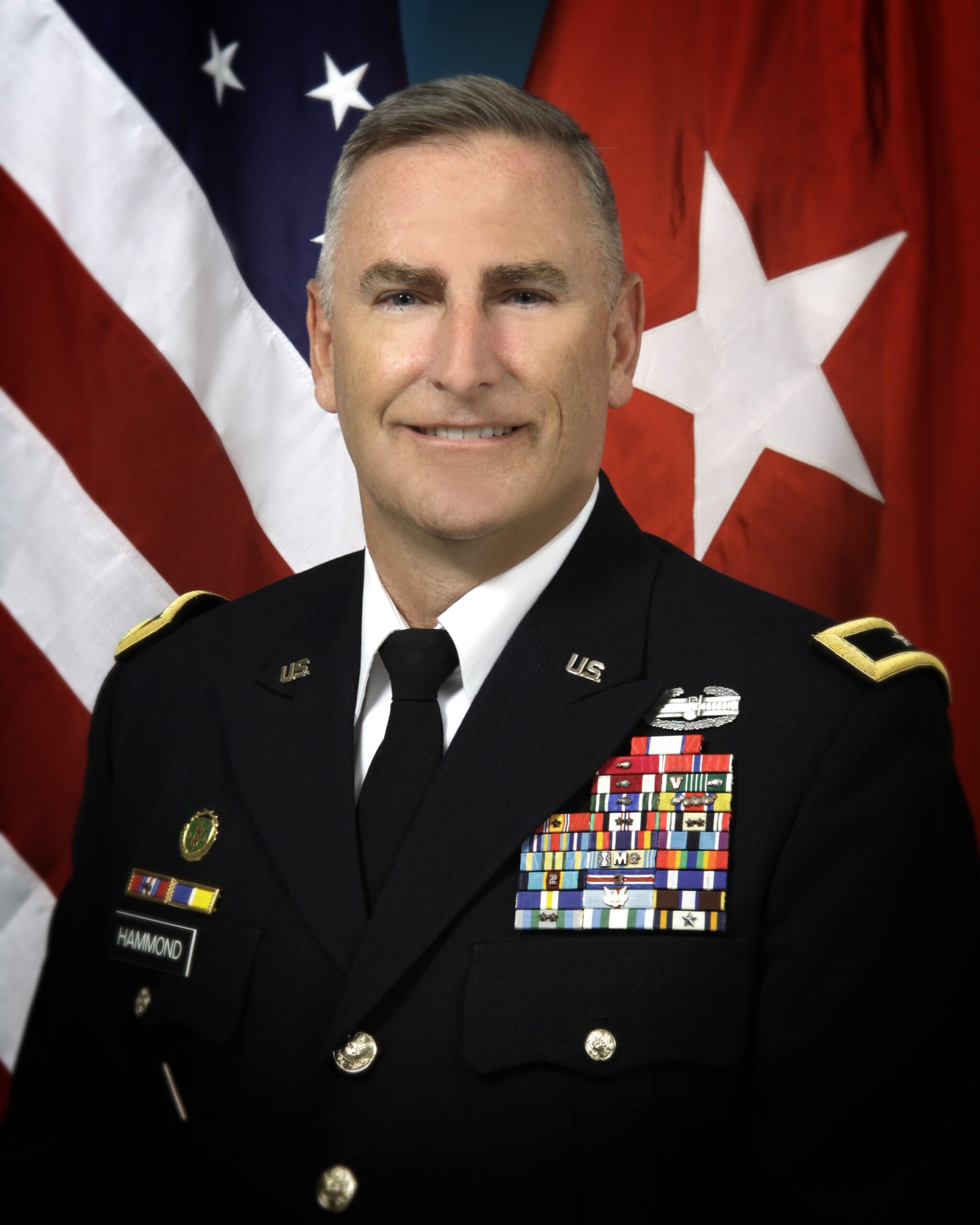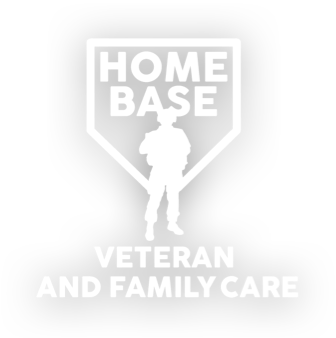The Human Price of our Post 9/11 Wars

Executive Director, Home Base
The Human Price of Our Post 9/11 Wars: Was it worth it?
It’s a question I have heard incessantly since last month’s tumultuous and deadly withdrawal from Afghanistan. Hard-fought gains for the people of that country were wiped out instantly, as hopes for democracy and rights for women were stomped on by the Taliban. Many national security experts warn that the terrorist threats we had stopped as a result of our military actions have been given fertile ground to grow again.
Roughly three million men and women, drawn from two generations of Americans, fought bravely and with honor in Afghanistan and Iraq. More costly than the two trillion dollars we spent to ensure success was the fact that 7,000 military families buried their sons and daughters, including the 13 heroes who were killed standing watch at the Abbey Gate in Kabul in August. The price has been substantial.
Naturally, people will argue about whether it was worth it. It was. Our missions were just and they were successful, even if certain decisions in Washington have eroded some of these gains. But without debate is the fact that the cost will get even heavier and more tragic if we forget those who sacrificed to fight those wars.
Nearly half of those who served in combat over the past 20 years were injured and thousands of families were left broken. Brown University recently published that 1.8 million or 40 percent of the troops who have served in Iraq, Afghanistan and related locations have already been approved to receive lifetime disability benefits. Each day 22 Veterans die by suicide, and 30,000 of our Iraq and Afghanistan Veterans who survived the war lost their battle to live when they returned home and died by suicide, while one in three returning veterans continue to suffer from the invisible wounds of war.
Our warriors at the tip of the spear have not only borne the brunt of the fighting, but have also built the closest relations with the people who live in Afghanistan, where there have been reports of Taliban hunting down the men and women who fought alongside or partnered with us. Many of our warriors began receiving painful texts and calls pleading for help from their old friends. Imagine if Anne Frank had a cell phone and called you pleading for help as the Nazis closed in on her. As this human tragedy unfolded, many invisible wounds were reopened for veterans of both Iraq and Afghanistan, and this perfect storm of events left our warriors and families conflicted – feeling mad, sad, and betrayed, and questioning their previous efforts. The impact of two decades of war on our veterans and their families has been significant. As this difficult chapter closes, we must focus on the healing and guarantee Veterans receive the care that will enable them to reclaim and rebuild their lives.
Our military and Veteran community were already looking at a significant post-Covid increase in suicides, and these latest events have made this situation more dire. This deadly trend will continue if we fail address the mental health and brain injury challenges that haunt our Veterans. Each day at the Home Base National Center of Excellence for the Invisible Wounds of War, we care for some of the most injured warriors in the United States. By leveraging the vast clinical resources and faculty of the Mass General Hospital, Spaulding Rehabilitative Hospital, and Harvard Medical School we have developed groundbreaking and life-saving new treatment programs and care models for post traumatic stress and traumatic brain injury. This is accomplished in partnership with a host of incredible partners and the support of grateful nation. But roughly 10 million Veterans are not connected to the VA or are aware of the treatment options available to them. We must honor the service and sacrifices made by our Veterans and provide them with the care they need, have earned, and richly deserve.
There will be no parade for those who fought in Afghanistan or Iraq, but none was ever asked for or expected. Our mission was to safeguard the American people and eliminate those who wish to do us harm, and this was accomplished for 20 years. Our premature withdrawal has left a security void our military will deal with, and our government must continue to respond to the ongoing humanitarian crisis. People and our allies matter!
Here at home we must focus on the care for our wounded or injured warriors, as well as the families of our fallen and injured. We must demonstrate we are worthy of the sacred trust they placed in us to ensure that those who were killed, wounded, or injured in the service of our collective security and defense, and their families, would receive the care and support they need to reclaim their lives. Make no mistake about it, we left allies behind in Afghanistan. We must not do the same with our veterans. Their mission is complete, but ours has just begun.
Jack Hammond
Brigadier General USA Ret.
Executive Director, Home Base


 Home Base
Home Base